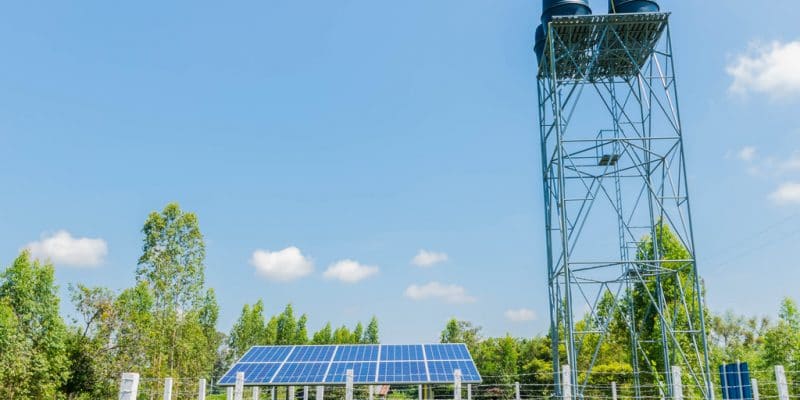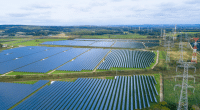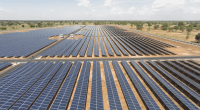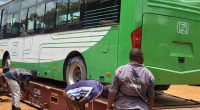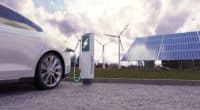The World Bank has recently awarded a $4.5 million grant to Tanzania. The funds will be used to build drinking water supplies using solar off-grid systems.
A grant agreement has recently been signed between the World Bank and the Tanzanian government. The deal is for $4.5 million to be allocated to Tanzania to provide drinking water in rural areas.
The Tanzanian government wants to build drinking water supplies that will work with solar off-grid systems. This project is part of the Global Partnership for Results-Based Approaches (GPRBA), an initiative supported by the World Bank to provide innovative financing solutions that link investment to results. This method of financing for low-income countries applies in sectors such as water, sanitation and energy.
In Tanzania, the initiative aims to provide safe drinking water in 165 villages across the country. “The project represents an opening for new sources of financing that will help to close the vast investment gap in rural drinking water supply in Tanzania and focus on mobilising private sector investment in line with the World Bank’s Maximizing Finance for Development (MFD) approach,” says Zaruhi Tokhmakhian, Acting Head of the GPRBA.
Solar-powered drinking water supplies will replace systems that run on highly polluting generators. According to Kitila Mkumbo, the permanent secretary at the Tanzanian Ministry of Water, solar-powered installations will reduce operating and maintenance costs. This will not only lead to lower water prices, but also to greater coverage of underserved rural areas.
The new facilities are expected to provide drinking water to 500,000 people in the 165 villages targeted by the project. The project will also allow the implementation of “mobile money” in the receipt of revenue from the sale of water, a service previously used for the supply of solar home kits. Finally, the World Bank loan will be repaid over a four-year period.
Jean Marie Takouleu

